Since it first hit Netflix last month, the South Korean horror series Squid Game has captivated audiences in over 90 countries. It’s quickly becoming the most-watched international show on streaming platforms with more than 6 million views per episode!
Viewers were captivated by the blood-soaked, dystopian thrill ride. Players take turns fighting to the death for cash with other participants vying for that opportunity. The Asian drama, which is clearly fictitious and a critique of modern life in its plotlines has one side-plot where human organs are harvested for sale. This part of the show’s content definitely rings true with today’s society as it seems that more people than ever before have become susceptible to being scammed out of their most prized assets: Their Lives.
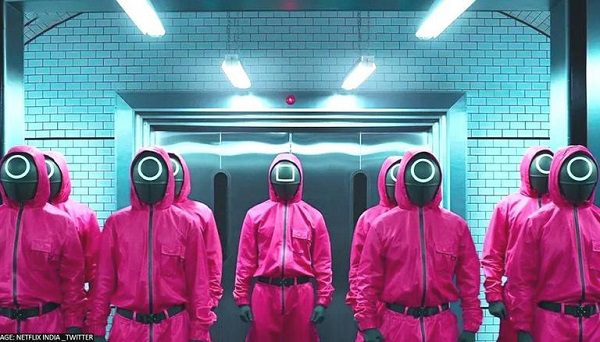
China has a government-run “kill to order” network for organ trafficking, with millions of people being executed yearly and their organs harvested. The international community has had enough. But the World Health Organisation, compelled by totalitarian nations to accept their ‘inadequate and misleading’ hospital data without question will not stop this holocaust from continuing any time soon!
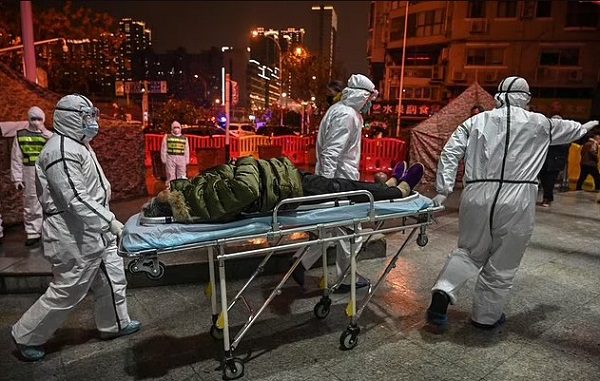
A week before the Netflix hit was released, Beijing denied that it has a state-sponsored China organ harvesting program. After being accused by the UN Human Rights Office of ‘targeting specific ethnic, linguistic or religious minorities held in detention’ and raking in over $1B annually with their illegal exports alone- they’ve found themselves under international scrutiny once again for denying this news report.
Nine UN Special Rapporteurs from the Human Rights Council spent over a year unearthing witness testimony and examining China’s highly suspicious organ donor rates to shed new light on the terrifying ‘kill to order’ market.
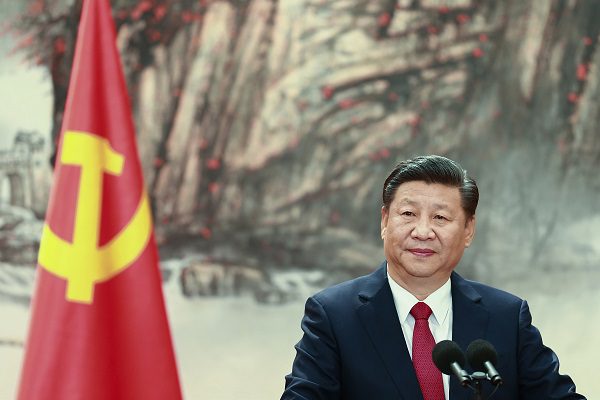
UN human rights experts said today they were extremely alarmed by reports of alleged “organ harvesting” targeting minorities, including Falun Gong practitioners, Uyghurs, Tibetans, Muslims, and Christians, in detention in China,
They have received credible information that detainees… may be forcibly subjected to blood tests and organ examinations such as ultrasound and x-rays, without their informed consent; while other prisoners are not required to undergo such examinations.
The results of the examinations are reportedly registered in a database of living organ sources that facilitates organ allocation.
According to the allegations received, the most common organs removed from the prisoners are reportedly hearts, kidneys, livers, corneas and, less commonly, parts of livers.
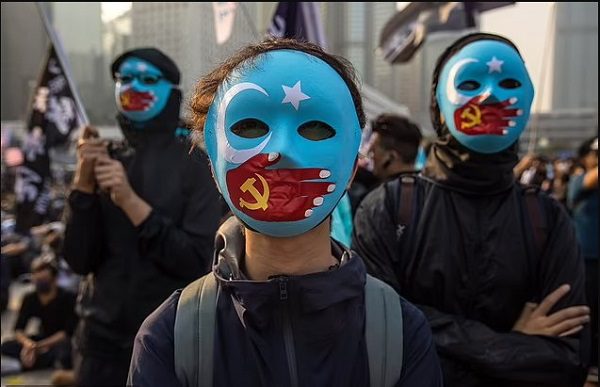
The grim statement also points out that this form of alleged trafficking relies heavily on skilled health care workers sworn to protect their patients, including ‘surgeons and anesthetists.’ This is a huge concern because many public sector professionals participate in these illegal activities as well.
‘Some prisoners receive death threats and threats of organ harvesting from the police, if they do not renounce their beliefs or refuse to cooperate with the police,’ the statement said.
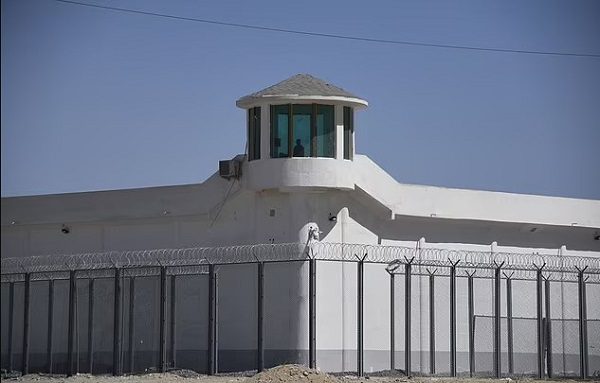
One of the ‘red flags’ with China’s organ transplant system is that patients can book surgery at specific times and locations. In other medical systems, this doesn’t happen because surgeons cannot predict when a person who has elected to be an organ donor will die. To ensure that the needs of patients are met as soon and conveniently possible, an ‘ethical’ process approved by WHO has been put in place. The deceased’s organs will be matched to someone on a list who is closest but still within traveling distance – this way no one goes without vital help!

There are many people who desperately need organ transplants but take years to receive one. Recipients must be of the same blood type and have an organized size for them in order to qualify as well-the wait time can often seem unbearable! But undercover phone calls made to Chinese hospitals as part of the independent China Tribunal hearings in 2019 show how fast patients can get surgery under the ‘kill to order’ system. In one excerpt, Dr. Feng Zhendong from a Shandong Province military hospital tells the investigator over the phone about the ‘abundance of organs’ which arrive ‘every month’.
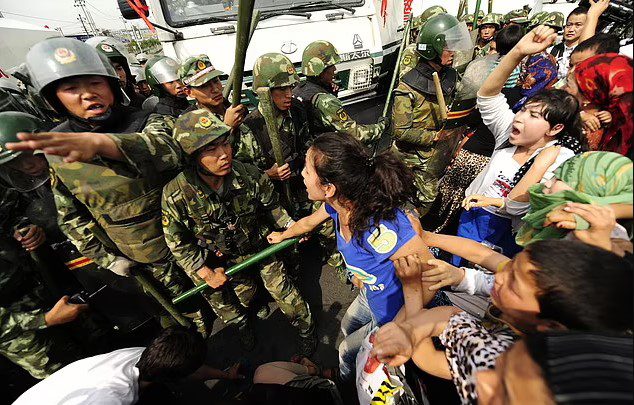
China’s state-sponsored organ trafficking has been happening for decades and the international community is powerless to stop it. For years, the Chinese government has been covering up its human rights abuses by under-reporting transplant data to the World Health Organisation. This means that many lives are being saved with artificial organs but these people never get acknowledged or compensated for what was taken from them – a chance at life!

Susie Hughes, the Executive Director of The International Coalition to End Transplant Abuse in China said China’s claims they are performing 10,000 to 20,000 do not stack up.
‘A recent statistical analysis of China’s current organ transplant system showed the numbers China has been putting out have been falsified,’
‘When you examine hospital revenues, bed utilisation rates and the number of surgical teams from the official Chinese data… the figure is more likely to be between 60,000 to 100,000 transplants per year.’
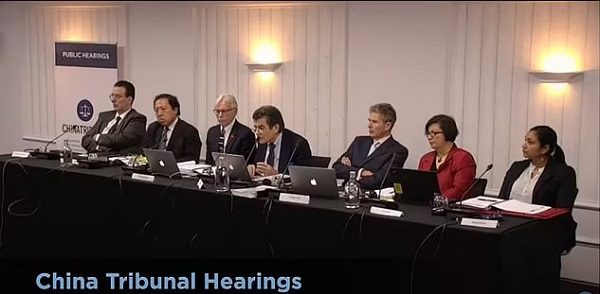
The China Tribunal found the Uyghur Muslim minority along with followers of the banned spiritual practice Falun Gong, are essentially being used ‘as an organ bank’ for domestic and foreign buyers. Falun Gong practitioner Jinato Liu, who was incarcerated for over two years gave terrifying testimony to the expert panel.
I was locked in a cell with about eight drug addicts, who were commonly induced to abuse Falun Gong practitioners. These drug addicts were rostered on shifts to persecute me by the guards’ order. The cell had a surveillance camera installed, so the guards knew everything that happened inside.
Uyghur prisoner Zumuret Dawut said she was taken to hospital on the first day of her three months in detention to have her organs scanned.
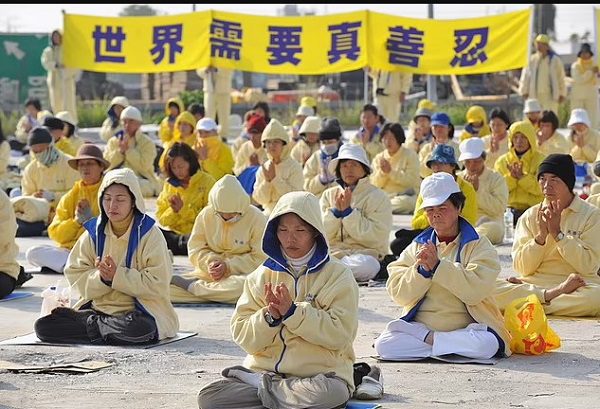
Only after they removed the black hood from over my head did I realise I was in a hospital. I saw police in uniform everywhere, also people wearing white coats walking about, so I guessed that I was in a hospital. They drew blood samples first, then X-rayed my internal organs.
Despite the findings of this report, Beijing has repeatedly denied forced human organ harvesting is practiced in China. The Chinese government has also described the heart-breaking witness testimonies as coming from “actors”.
